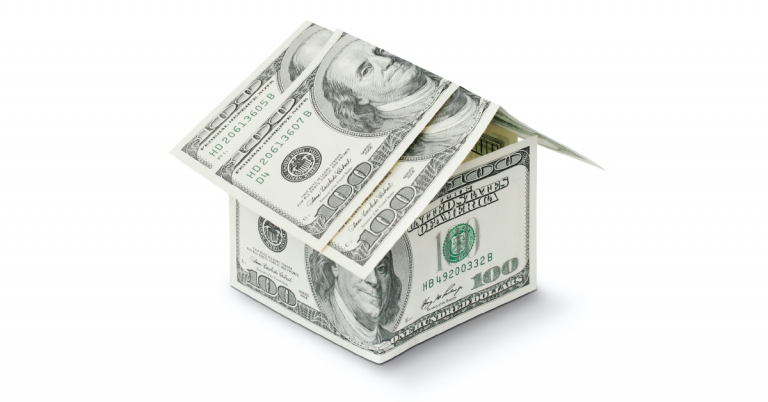In an economic climate where interest rates have doubled in a year, it’s easy to feel the pressure to pay off your mortgage as quickly as possible. This is a traditional mindset that dates back to the Great Depression era when rapid repayment was the only safeguard against uncertain times. However, if you’re one of the many homeowners enjoying a mortgage rate of less than 4% from previous years, rushing to zero-out your home loan might be a costly mistake.
Leverage, Not Eradicate
The new school of thought pivots from the idea of eradicating mortgage debt to leveraging it. Mortgage debt, especially with rates under 4%, is considered ‘cheap’ debt. Instead of hastening to repay it, you can employ the extra cash in places where it could work harder for you. High-yield savings accounts, Certificates of Deposit (CDs), and other investment vehicles are attractive alternatives. For example, Apple released a no-fee savings account released at 4.15% APR.
With current savings rates and CD returns competing with mortgage rates, the logic is straightforward – why rush to pay off a loan under 4% when your money could earn an interest of 4% or more elsewhere?
The Liquidity Factor
One of the significant advantages of investing surplus funds instead of pouring them into mortgage repayment is liquidity. Liquidity refers to the ease with which an asset, or an investment, can be converted into ready cash without affecting its market price.
Once you make extra payments towards your mortgage, that money is locked in. It’s not liquid, meaning you can’t easily access it in case of financial emergencies. Your home’s equity doesn’t pay for unexpected medical bills or car repairs; cash does.
In contrast, money placed in high-yield savings accounts, CDs, or certain other investments can be accessed relatively quickly. This financial flexibility is an important aspect of comprehensive financial planning.
Paying Off the Future
When you make additional principal payments on your mortgage, you’re essentially pre-paying your future debt. While this may reduce your interest cost over the life of the loan, it also means you’re paying off debt that isn’t due for many years. This could tie up your funds, which might be put to better use elsewhere, especially in a high-interest-rate environment.
Stocks have historically provided higher average returns compared to mortgage interest rates, allowing your investments to grow at a potentially faster pace. Bonds can offer stable income and act as a diversification tool, while a high-yield savings account can provide a competitive interest rate while maintaining liquidity. By allocating your funds to these investment avenues, you may take advantage of market growth and potentially generate greater wealth over time.
The Bottom Line
Paying off your mortgage faster can provide emotional comfort, and there’s no denying the appeal of being debt-free. However, in certain economic scenarios, it may not be the most beneficial strategy for your broader financial picture.
Before making a decision, consider your entire financial situation, your risk tolerance, and long-term goals. And remember, while the idea of being mortgage-free can be tempting, your mortgage could also be a tool for financial leverage, providing opportunities for higher returns and increased liquidity.
Don’t simply default to an old mentality to pay off your mortgage as quick as possible. Instead, adapt to the economic climate, and make your money work for you. As always, it’s wise to consult with a financial advisor before making any significant decisions about your mortgage payments or investment strategy.


